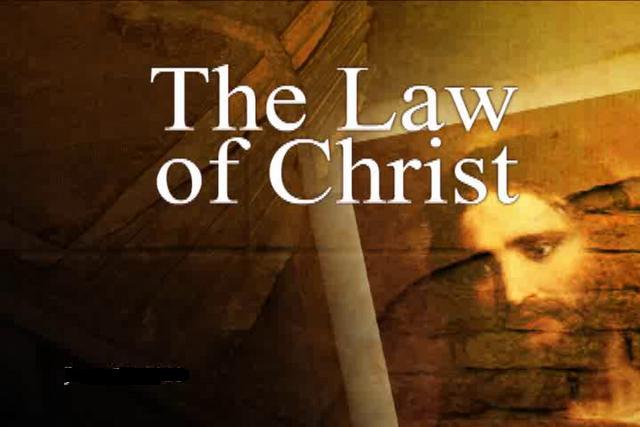What Peter’s Denial Symbolized
The account of Peter denying Jesus three times is recorded in all four Gospel accounts (Matthew 26:69–75; Mark 14:66–72; Luke 22:54–62; John 18:15–27), it reveals a moment of human weakness in one of Christ’s most devoted followers. Peter, who had boldly declared his willingness to die for Jesus (Luke 22:33), faltered under pressure and fear. While this incident is often seen simply as a moral failure, it also carries deep symbolic meaning for the Christian life and our walk with God.
A Picture of Human Weakness and Overconfidence
Peter’s denial symbolizes the reality that even the most zealous believers are vulnerable to failure when relying on their own strength. Hours earlier, Peter had confidently assured Jesus, “Lord, I am ready to go with thee, both into prison, and to death” (Luke 22:33). Yet when confronted by a servant girl, he denied even knowing Christ. This is a warning against spiritual pride and overestimating our own resolve without dependence on God (1 Corinthians 10:12).
The Influence of Fear and Self-Preservation
Peter’s denial also represents the power of fear to override conviction. As Jesus was being tried, Peter’s own safety seemed at risk. In moments of danger or social pressure, fear can cause believers to compromise or hide their faith (Proverbs 29:25). His denial reminds us that being a disciple is to face loss of even our own lives.
The Fulfillment of Prophecy and the Sovereignty of Christ
Jesus had predicted Peter’s denial before it happened (Luke 22:34), and it occurred exactly as foretold. This shows that God’s sovereignty operates even through human weakness. The rooster’s crow was not a random event, it was the sign Jesus promised, revealing His foreknowledge and divine authority.
The Symbol of Spiritual Failure Followed by Restoration
Peter’s denial symbolizes the possibility of restoration. After the resurrection, Jesus sought Peter out and restored him publicly (John 21:15–17). This restoration reinforces the truth that no failure is too great for Christ’s forgiveness when there is genuine repentance.
A Reflection of the Church’s Struggle in the World
In a broader sense, Peter’s denial symbolizes the Church’s temptation to distance itself from Christ in a hostile world. Just as Peter denied Jesus in a courtyard surrounded by those who opposed Him, the Church often faces environments where allegiance to Christ is costly. The passage calls us to remain faithful witnesses even when pressured to remain silent.
Peter’s denial stands as a powerful lesson in humility, dependence on God, and the need for courage in our confession of faith. It warns us of the dangers of overconfidence and fear, yet it also offers hope through the example of Peter’s restoration. Ultimately, the incident symbolizes the reality that God’s grace can transform failure into a renewed call to service.






No comments yet. Be the first to share your thoughts!